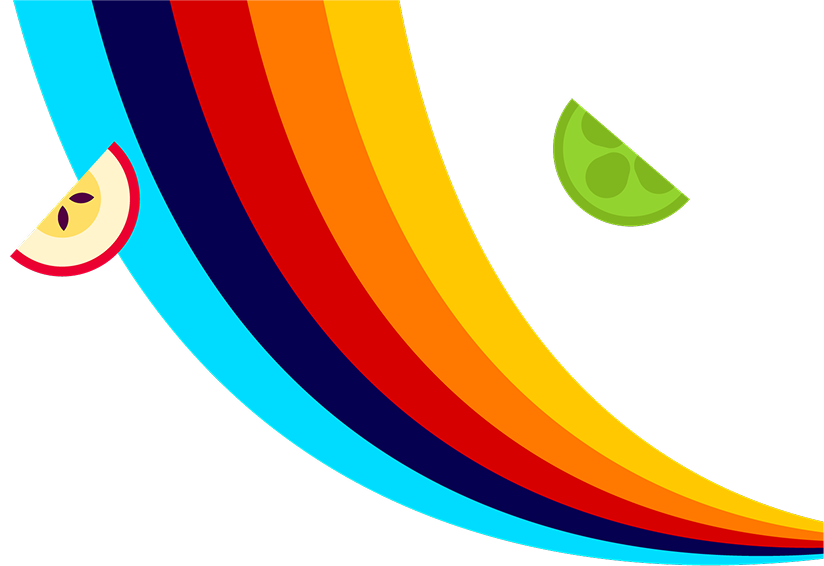



Cooking is an essential life skill that enables students to feed themselves and their family, affordably and well, now and in later life. Informed by the social model of disability, this resource will allow students to understand the importance of developing cooking skills, explore the barriers that make it more difficult for some, and challenge them to get creative to inspire others to learn.
Why do the three athletes like cooking?
What barriers do each of the athletes face when cooking?
What methods do they use to deal with these barriers?
Our lesson presentations, which are available to download below, contain activity slides and teacher’s notes for delivering this lesson. Each lesson is also accompanied by a series of worksheets, including a word bank of key terms. Choose the appropriate age group below to get started.
Use the KS1 Presentation to introduce the skills that we need to successfully cook healthy, balanced meals. The worksheet will allow students to explore why different people want to cook, understand the barriers they face when cooking, and learn who or what could help them develop their skills. They will create their own Let's Cook! poster to summarise what they have learnt and inspire everyone to get involved with cooking.
Use the KS2 Presentation to introduce pupils to the different reasons why people might want to learn to cook and what barriers make it difficult for them. Students will then take on the role of a Team GB or ParalympicsGB athlete, to give practical advice to a family who all want to learn how to cook, but are unsure how to remove the barriers in their way. Students will summarise their learning by creating a campaign which will inspire everyone to learn how to cook, through inspiring messages and simple cooking tips.
Use the KS3 Presentation to explore the mental, physical and societal barriers that make it difficult for a group of friends to cook. Students will explore the social model of disability in more detail, and then each take on a different character, to understand the role we can all play in removing barriers for each other. Students will summarise their learning by creating a campaign which will inspire everyone to learn how to cook, through inspiring messages, persuasive language, and simple cooking tips.
These resources use the social model of disability to help pupils think and talk about cooking from the points of view of disabled people. The social model of disability says that people are disabled by the barriers that society creates and not by their impairment. These barriers may be physical, like when cooking utensils are difficult to use by someone with a dexterity impairment, or they may be caused by attitudes, like when someone assumes that a disabled person would not want or be able to cook. The social model of disability encourages us all to play a part in identifying and removing these barriers. For more information, please see Scope's webpage.
The barriers faced by characters within the resources, and the methods to remove them, are based on the social model of disability. The model is introduced to each age group with an age appropriate level of detail and the teacher notes contain scaffolding to allow you to deliver this learning with confidence.
If you would like to make any of the meals featured in the film, you can find the recipes below.
